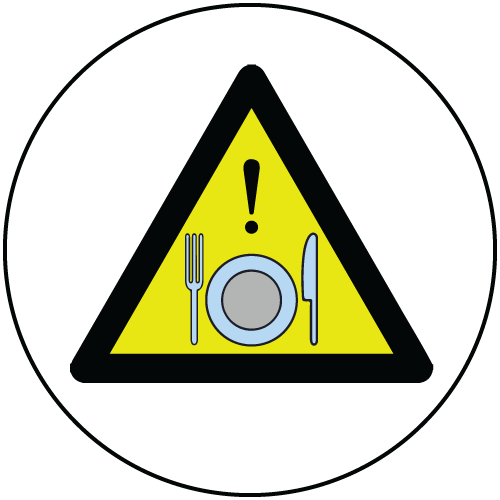| Name | Bulimia Nervosa |

Bulimia Nervosa
Bulimia Nervosa is an eating disorder characterized by recurrent episodes of binge eating, during which a person eats large amounts of food in a short period of time, followed by purging behavior such as vomiting, laxative abuse, fasting, or excessive exercise. People with bulimia may also experience a distorted body image, low self-esteem, and feelings of shame and guilt related to their eating behavior.
The exact cause of bulimia is unknown, but it is thought to involve a combination of genetic, psychological, and environmental factors. Bulimia can have serious physical and psychological consequences, including electrolyte imbalances, gastrointestinal problems, depression, and an increased risk of heart disease and other health problems.
Treatment for bulimia typically involves a combination of psychological therapies, such as cognitive-behavioral therapy and interpersonal therapy, and in some cases, medications. Nutrition education and support may also be a critical part of treatment. A multi-disciplinary approach to treatment, including support from a healthcare provider, therapist, and dietitian, can help individuals with bulimia achieve and maintain recovery. Early detection and treatment is key to reducing the severity and duration of bulimia and improving outcomes.
Note: This is a general description. Please take professional health advice.
 Bangla
Bangla English
English